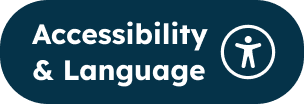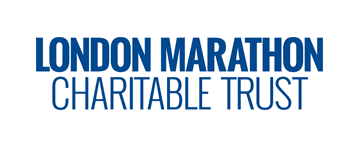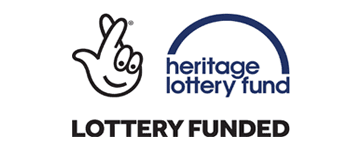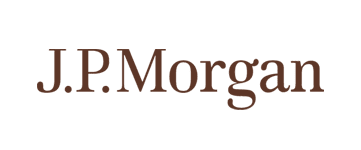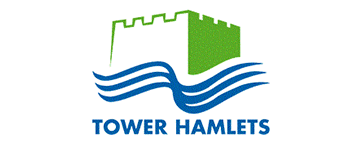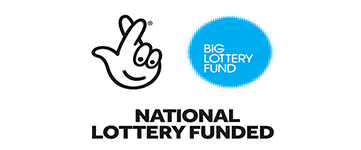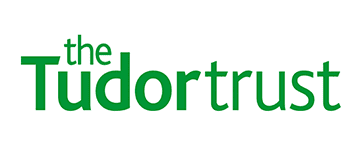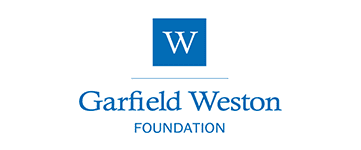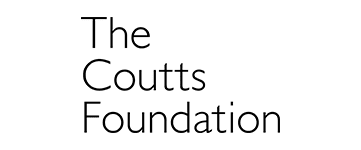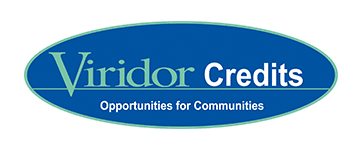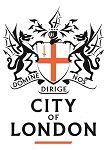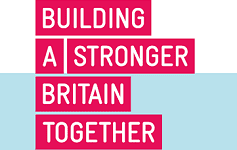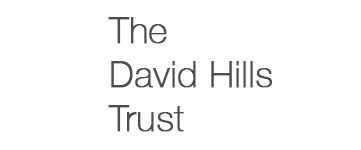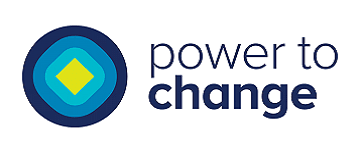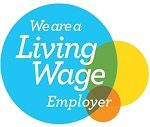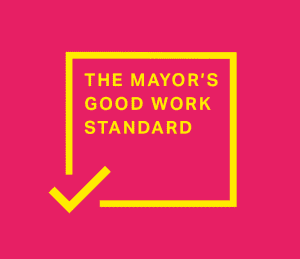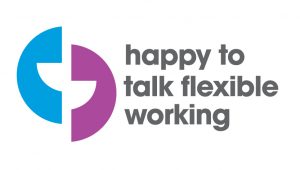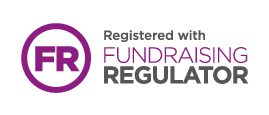Amplifying Black voices in the legal profession: Jade Bernard
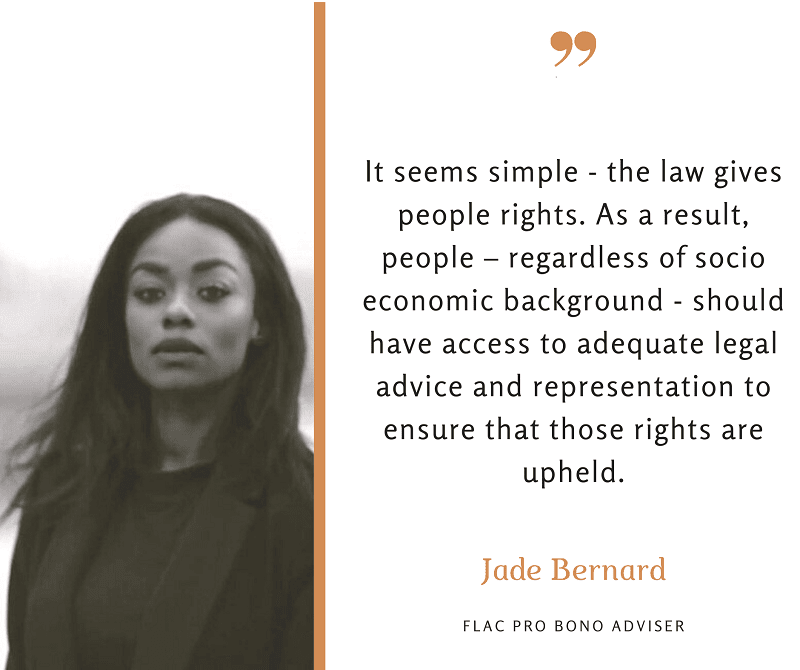
Jade Bernard shares her experiences as a Pro Bono Adviser at our Free Legal Advice Centre and as a Black legal professional
A crucial part of our work at Toynbee Hall is providing wider access to justice to the communities we serve to create a fairer and happier society. Our Free Legal Advice Centre (FLAC) has been providing free, expert legal advice since 1898 and the service has always relied on the dedication of pro-bono volunteers. This month, in honour of Black History Month, we want to celebrate the impact and contribution of Black volunteers.
We asked Black legal professionals who give up their time to offer free legal advice, to share their experiences of volunteering at FLAC and how their racial and cultural background has influenced their approach to providing essential legal support.
Jade Bernard, FLAC Pro Bono Adviser, shares her experiences:
What volunteering role do you have at FLAC?
I provide pro bono legal support for matters related to civil litigation, family law and employment law.
Why do you volunteer at FLAC and why do you think pro bono volunteering is important?
I work as a lawyer in-house for an organisation. I enjoy my role but I am acutely aware that my client is an organisation that can afford a large team of lawyers whilst the vast majority of the population cannot. Through volunteering I am able to use my legal skills to provide advice to those who may be unable to afford adequate legal support. I have also greatly developed my skills as a lawyer through volunteering – I would recommend that all lawyers provide support to free legal advice clinics should they have the time.
Pro bono volunteering is important as legal representation should be accessible to all, but legal representation can be costly. This means that those from lower income backgrounds may face the decision of living in poverty in order to obtain adequate legal advice. Volunteering in a free legal advice clinic plays a crucial role in ensuring more people have access to the legal support that they need.
It seems simple – the law gives people rights. As a result, people – regardless of socio economic background – should have access to adequate legal advice and representation to ensure that those rights are upheld.
This is of particular importance now – the Covid-19 pandemic has caused rising levels of poverty, an increase in domestic violence and greater employment uncertainty. This will likely mean a surge in members of the public requiring advice in relation to both family and employment law whilst being unable to bear the brunt of legal fees.
Is there a success you’ve had for a client that you’re particularly proud of? If so, how did you help the client and what outcome did you have?
Often the clients I see have made the decision to represent themselves due to the cost of legal representation. It is always a success for me when a client leaves our appointment feeling more confident and more able to self-represent. Sometimes clients just need to be told that their case has merit and to be guided on how to better get their point across. Acting on one’s own behalf can be scary and can evoke quite a bit of emotion – legal advisors can help clients understand how to align those feelings and emotions with legal provisions.
What’s your favourite part of volunteering at FLAC?
I get to meet and talk to so many different people! I am very sociable and I have always enjoyed helping people solve sometimes tricky situations. It is great to be able to combine both of those things into a role.
From your experience, if you could change one thing to improve access to justice for people in the communities FLAC serves, what would it be?
I would love free legal advice to be more widely available than it currently is. I think it would also be helpful if people in the local community could have access to free clinics and services which help them understand the rights that the law provides in a more general manner. This is because it is very common for people to be unaware that there is actually a law to help them with the problem that they have. This is unfortunately a result of the inaccessibility of the law and legal services.
Do you feel your racial/cultural background has influenced the way you approach pro bono assistance? If so how?
As a black woman I have suffered my fair share of discrimination and micro aggressions. As a result, I approach my pro bono assistance – particularly on matters relating to employment law – with a great level of understanding. It isn’t uncommon for people to feel that they have been discriminated against in the workplace without being able to express what it was in particular that made them feel that way. This is something my racial background has led me to understand – it is the daily grinding down caused by micro aggressions and misconceptions that can do this – my experiences as a result of my race assist me in helping others identify the discrimination they experienced in order to aid their employment case.
Supporting young Black people with aspirations in the legal profession
Much has changed since since we began offering free legal advice 122 years ago but sadly structural racism still exists in society and in the legal profession. Toynbee Hall and our longstanding corporate partner Cleary Gottlieb Steen & Hamilton LLP are committed to eliminating all forms of structural racism and maximizing opportunities for Black lawyers.
That’s why this month to coincide with Black History Month, we launched the Champions Project – a programme for black people in Tower Hamlets at university, or who have recently graduated—both aspiring to become lawyers or are interested in one of the many professional careers in an international law firm. Participants in will be matched with a colleague within their London office as a means of widening access to law firms and creating positive change within the legal profession.

